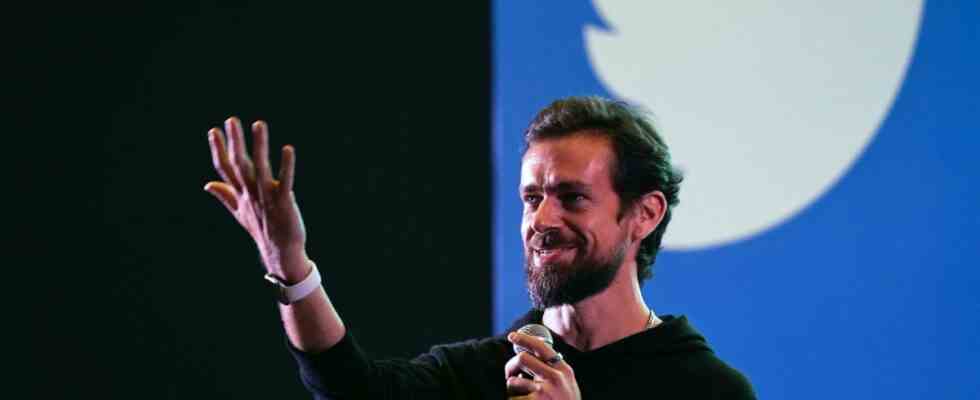When Jack Dorsey says Twitter is the “closest thing to a world consciousness” platform, it’s safe to assume he’s a little biased. After all, he founded the thing. Either way, millions of users asked themselves last week what would happen if Elon Musk brainwashed this awareness as a possible sole owner.
A not so steep thesis is that after the initial excitement there will at least not be a mass exodus of users. A lot of people won’t stop for the simple reason that they’re worried about who will be listening to them without their Twitter account. Today, in a certain milieu, the feeling of self-efficacy is largely determined by social metrics such as likes and retweets. This hesitation when the mouse pointer hovers over the – indeed – red button that says “Disable” has less to do with the platform and more to do with the people who are there: how will I care for the world outside my home, mine Offices, my family still matter?
To put it bluntly, anyone who’s given a lot to build a following on Twitter over the past few years isn’t going to leave the platform, no matter how morally deranged the new owner might be. Instead, in most cases, the public announcement will remain. In a way, the past week has provided the sort of drama that the average Twitter user comes to the platform for in the first place.
Users can either switch off or just live with the consequences
In economics, there is the difficult-to-translate concept of the sunk cost fallacy for this behavior, which states that, contrary to all reason, unprofitable activities are continued because so much has already been invested in them. Convenience, in most cases, trumps most concerns about free speech, hate speech, privacy, and other more felt values.
Another flat thesis: Mastodon, the decentralized network that has now been chosen as the alternative everywhere, will remain just as orphaned after a brief period of onslaught as before. Since the story of Musk’s takeover attempt became known, according to Mastodon inventor Eugen Rochko, almost 85,000 new users have registered. While that’s nice, such a number of people doesn’t represent the network effects needed to create a relevant public. And even if it were to succeed, the question would remain how to moderate a civil discourse here. Especially since such migratory movements are not uncommon. Even the blog network Tumblr, a veritable competitor of today’s major platforms until it banned sexually explicit content, recorded an increase in new registrations of almost 20 percent last week.
In order to find an alternative, you first have to define what Twitter actually is these days and what users themselves expect from it. Is it a global consciousness or just the so-called “de facto marketplace” of the entire world, as Musk himself put it. And who actually said that such an authority is desirable at all? The idea of a central feed that receives all status updates, messages and content. Who benefits from the monopolization of discourse? What would speak against diversifying your online presence again, dividing it into private websites, blogs, forums and chat apps? Wasn’t that the main attraction of the internet?
Decentralized and locally stored networking apps such as Manyver.se or planetary.social offer some good solutions. Even a comeback of the unjustly forgotten RSS technology is conceivable. Just someone has to make it possible for the content and relationships you build on one platform not to be lost when you switch to the competition. Adversarial interoperability is the awkward buzzword that has been advocated by net activists for years.
Until then, users will either have to switch off or live with the consequences of outsourcing public interactions to postmodern oligarchs and corporate executives: an Internet of billionaires in which the normal user is only a guest .

